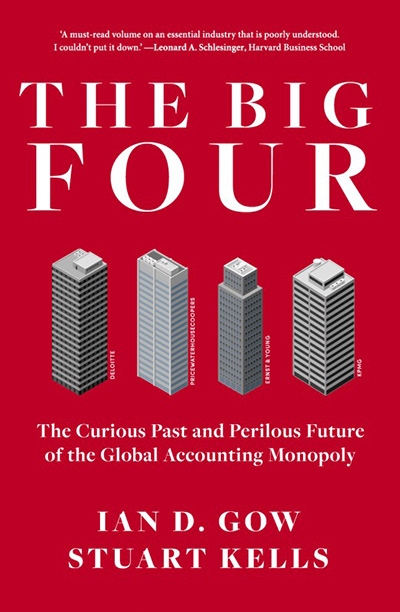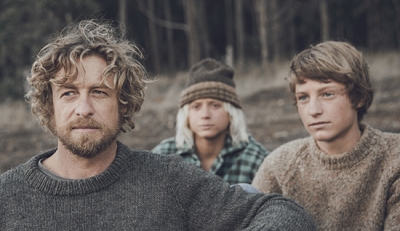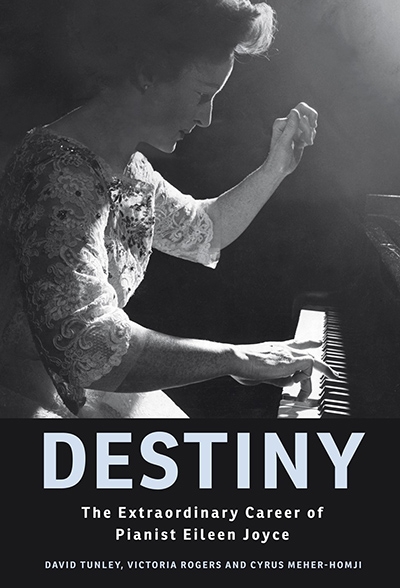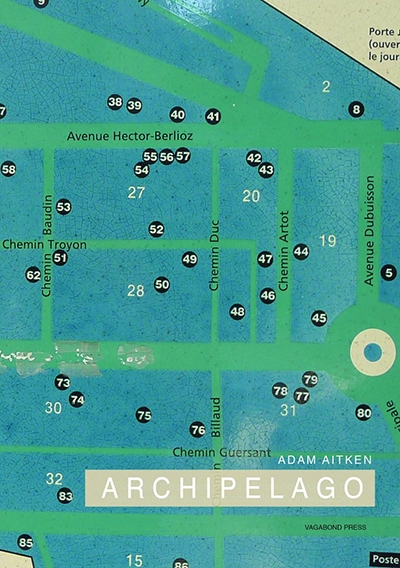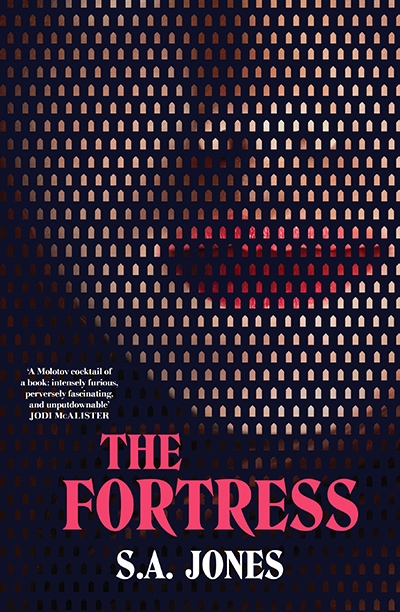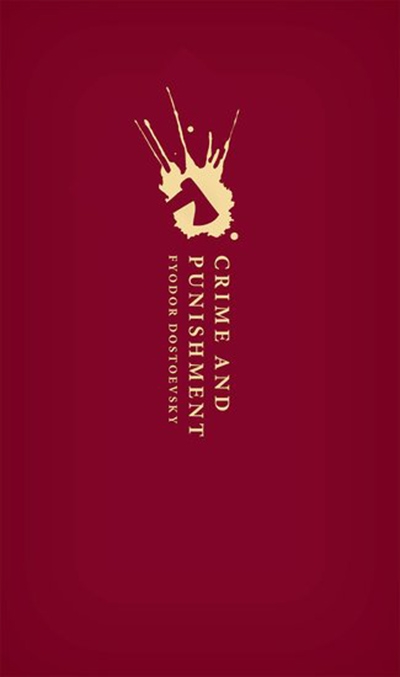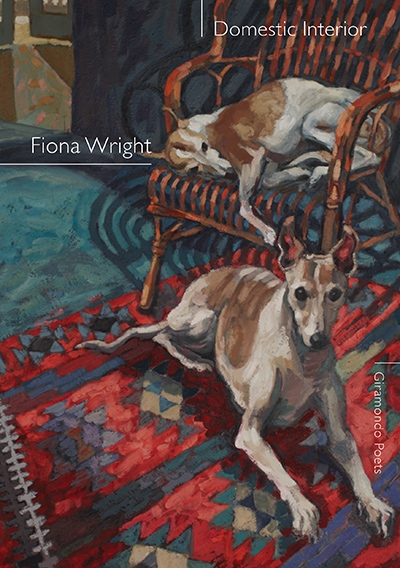Monash contributor
'Witch-hunt or a great awakening?: Tensions surrounding the #MeToo movement' by Felicity Chaplin
by Felicity Chaplin •
Earlier this year, following the infamous Barnaby Joyce affair, Malcolm Turnbull called for a rethink of the parliamentary code of conduct to ensure this ‘shocking error of judgement’ on Joyce’s part did not happen again. New ‘guidelines’ would prevent senior politicians from engaging in a sexual relationship with their staffers ...
... (read more)The Big Four: The curious past and perilous future of the global accounting monopoly by Ian D. Gow and Stuart Kells
by Rémy Davison •
In Simon Baker’s film, there is a visually stunning moment – one among many – of a giant curving wave on the verge of breaking that recalls the Japanese artist Hokusai’s famous ‘The Great Wave of Kanagawa’. What these two images share is the sense of rapturous beauty that doesn’t underestimate the challenge it offers ...
... (read more)The Surrealist Life of Leonora Carrington by Joanna Moorhead
by Gabriel García Ochoa •
Destiny: The extraordinary career of pianist Eileen Joyce by David Tunley, Victoria Rogers, and Cyrus Meher-Homji
by Paul Watt •
Crime and Punishment by Fyodor Dostoevsky, translated by Nicolas Pasternak Slater
Domestic Interior by Fiona Wright & The Tiny Museums by Carolyn Abbs
by Joan Fleming •


